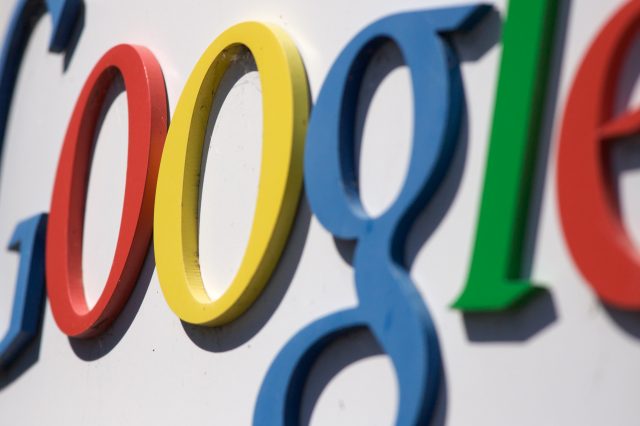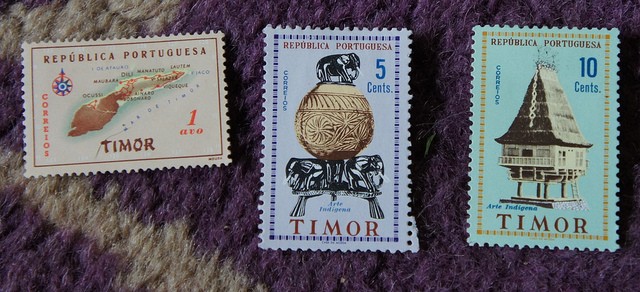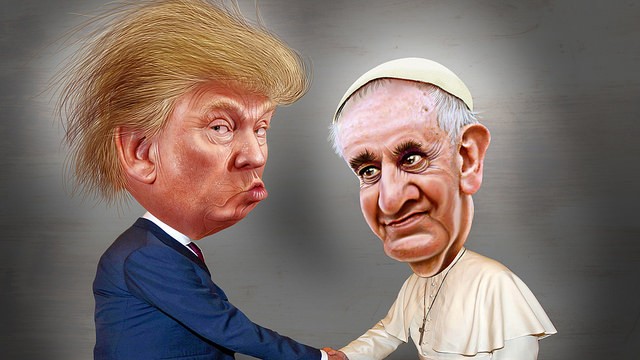Every day, more and more corporations and private citizens are victims of computer attack. Many of them have lost their databases, e-mails, classified documents, credit card numbers, and money. But many companies refuse to publish that they are victims of identity theft because they are afraid it will damage their reputation and they fear an attack from another hacker who might exploit known weaknesses in their security.
Google Inc. was registered on September 15, 1997, incorporated on September 4, 1998, and founded by two Ph.D. students at Stanford University: Larry Page and Sergey Brin. They started with nothing, but today their computer company is linked to well over one million servers and data centers around the world. Google is arguably the most popular and powerful company in the world.
In January 2010, Google announced that it had uncovered a „highly sophisticated and targeted attack” by China designed to steal information about human rights activists from Gmail services. In addition, Google discovered that at least twenty other companies had noted security breaches done through phishing and malware attacks. Consequently, the company decided to reconsider continuing operations in China given the attacks and what appeared to be free speech restrictions.
In March 2010, Google announced that it removed all servers in Hong Kong (google.hk.com). This was the first time ever that an American computer giant closed operations in China. And it led to much speculation over motive. Was the move economical, political, or both? Was it really about human rights abuses or was it about private property questions?
The Chinese media is under the control of their government and they portrayed Google as a servant of the CIA and a company promoting obscenity, vulgarity, and pornography in the media. The paradox is that China is trying to safeguard their people in the name of freedom while at the same time restricting freedoms. Brin – Google’s co-founder – argues that human rights should have a place in the international trade market. China is a member of the World Trade Organization (WTO). Founded in 1995, the WTO is an international organization with 153 members that supervises international trade. As a member of this organization, China should explain its position in the “Google case” because what happened between them is not a “private affair” but the subject of international concern.
The dilemma is interesting given Google’s services. Google is an American company and provider of computer search engines. Consequently, its services abide by an American understanding of privacy rights. Privacy rights are intimately tied to human rights questions like freedom of speech, and most Western countries are in agreement on these issues. But problems arise when Google’s search engines are used in a country like China which has a different understanding of the nature and limits of privacy rights. It would be too simplistic to say that China doesn’t have privacy rights or laws. They do, but their understandings are not the same as those formulated in the West. So we are presented with a new conflict. An American company provides a computer service to the East, but the service conforms to privacy laws formulated in the Western world and built on Western notions of “freedom of speech.” And these notions are in conflict with China’s understanding of privacy.
In China, Google earned approximately 500 million dollars each year. Google earns about twenty-four billion dollars per year. But the Google-China conflict is not just about a loss of money and finance. The conflict also has political implications. On January 21, 2010, Secretary of State Hillary Clinton called for a global Internet that is free of censorship and demanded the Chinese government to investigate claims by Google that the e-mail accounts of human rights activists had been targeted by hackers. But Clinton’s reaction presupposes that we all share the same notion of censorship. China has a different understanding of censorship and what we call “censorship” they call “protection.” Some Chinese have even argued (successfully or not) that they are following laws similar to the South Koreans. For example, the South Korean government requires YouTube and blog users to register their identities in order to accept responsibility for what they write. This law “protects” citizens from having their names attached to blogs or other internet sources with which they are not affiliated. But some argue that this act is a violation of their free speech and their right to choose whether or not to have their name attached to a blog or a media service like YouTube.
To make matters more complicated, some supporters of Western human rights have argued that the hackers who attacked Google in China were linked to the Chinese government. And they did this to incite Google to leave. Without Google, the Chinese provide their own search engines, but human rights groups question whether or not that information provided by these servers is “distorted” or funneled through government censors.
I find it interesting that the Internet was first thought of as a place for “immediate” global contact and discussion. But this new conflict allows us to see how the internet can divide instead of unite. As an American company, Google created a small East-West conflict about human rights, free speech, and a person’s right to a access information on an international search engine. The conflict transcended economic and financial concerns and illustrated how international services operate according to human rights understandings that are not shared by the international community. And the conflict unintentionally provided us with the opportunity to re-examine what we think of as “natural” or “self-evident” in our understandings of human rights.
This conflict has also made me think about the role of government and the power of an internet service. For example, one could make the case that the Google is a useful “tool” for a government to expand its understandings of human rights, privacy laws, and freedom of speech. Google’s integration in China could have been viewed by the Chinese government as a way to “educate” the Chinese – indirectly and almost unconsciously – about Western understandings of privacy, free speech, and censorship through the use of the search engine. If this is true, one can understand why China would have been reluctant to allow Google to operate without restrictions.
Internet services like Google also help us to better understand and appreciate the close (but unspoken) links between international realities and a company’s “bias.” Take, for example, the languages Google provides for its services. Every program can be accessed in English, German, French, Spanish, and Japanese. But China has one of the largest populations in the world, and Chinese is spoken by more people than French or German. So how do we account for this selection or oversight? From a purely financial point of view, some have argued that the absence of Chinese is shortsighted. Others, however, see it as purely personal. One of the founders of Google grew up in a communist country and has a deep-seated hatred of the political system. It is for this reason that he doesn’t recognize China in the Google “top five.” Finally, others see the selection as politically driven. Many users might choose to learn French or German to access Google. In this way, the French and German speaking worlds are bolstered at a time when they are losing influence in the international world.
The China/Google conflict provoked a lively debate over the social impact and consequences of technological development. What appeared to be an economic issue (Google loses access to millions of users and customers) gave rise to questions concerning information access and service, the role of government in our technological life, and conflicting understandings of “self-evident” human rights. It is a debate that will continue as globalization puts us in immediate contact with one another and with our many differences.











